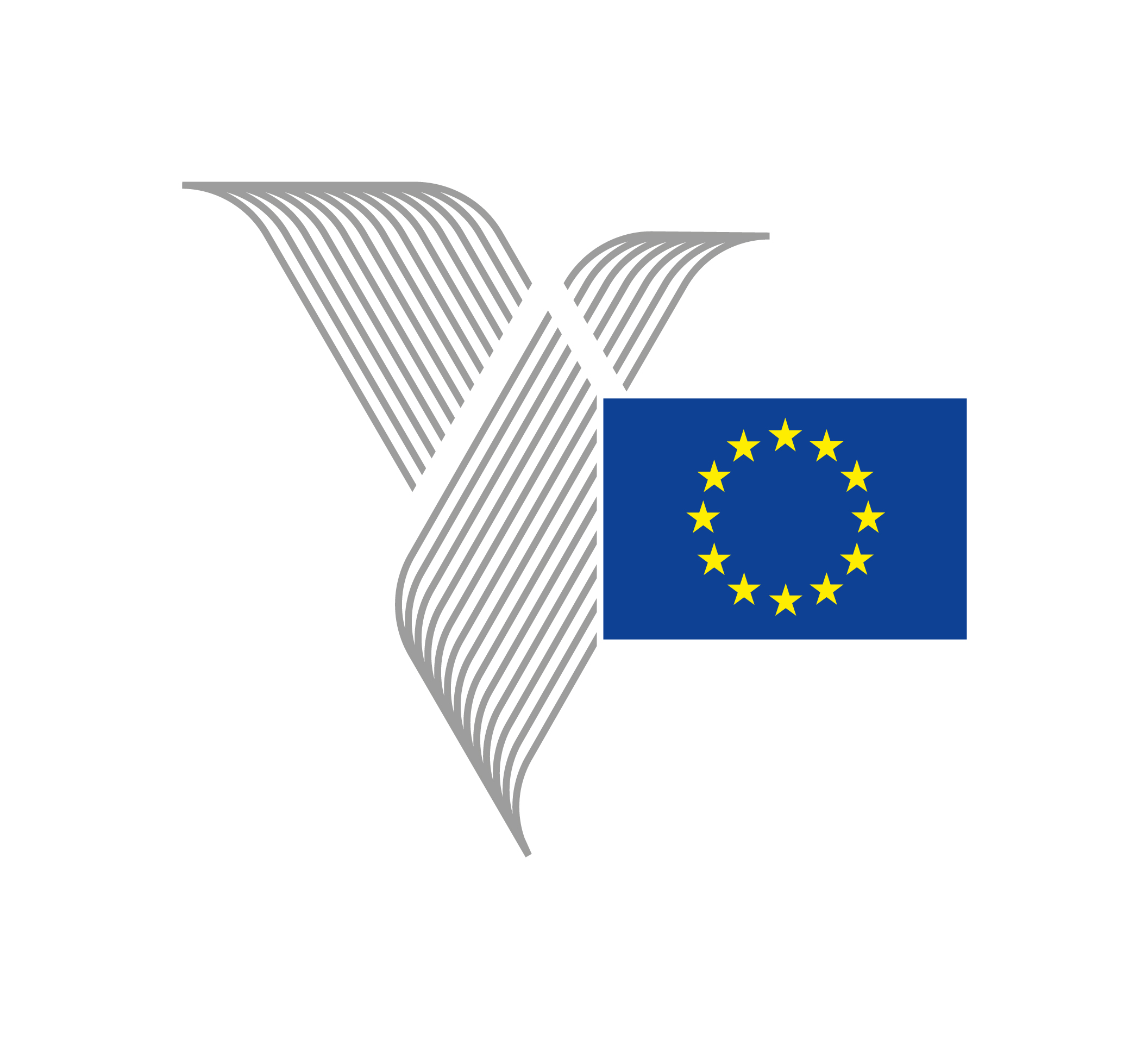A European Ombudsman inquiry into Frontex’s role in search and rescue operations has shown that the current rules leave the EU’s Border and Coast Guard Agency unable fully to fulfil its fundamental rights obligations and too reliant on Member States to act when boats carrying migrants are in distress.
The inquiry was launched by Ombudsman Emily O’Reilly following the Adriana tragedy in June 2023, which resulted in over 600 people drowning off the coast of Greece. According to documents inspected during the inquiry, Frontex made four separate offers to assist the Greek authorities by providing aerial surveillance of the Adriana but received no response. The current rules mean that Frontex was not permitted to go to the Adriana’s location at critical periods without the Greek authorities’ permission.
Consequently, Frontex was at the scene of the Adriana only twice — once briefly by plane two hours after the Italian authorities first made the alert about the Adriana and then 18 hours later with a drone after the boat had already sunk.
The inquiry also showed that Frontex has no internal guidelines on issuing emergency signals (e.g. Mayday calls), and that there is a failure to ensure Frontex’s fundamental rights monitors are sufficiently involved in decision making on maritime emergencies.
“We must ask ourselves why a boat so obviously in need of help never received that help despite an EU agency, two member states’ authorities, civil society, and private ships knowing of its existence.
Why did reports of overcrowding, an apparent lack of life vests, children on board, and possible fatalities fail to trigger timely rescue efforts that could have saved hundreds of lives,” said Emily O’Reilly.
“Frontex includes ‘coast guard’ in its name but its current mandate and mission clearly fall short of that. If Frontex has a duty to help save lives at sea, but the tools for it are lacking, then this is clearly a matter for EU legislators.
There is obvious tension between Frontex’s fundamental rights obligations and its duty to support Member States in border management control.”
“Cooperating with national authorities when there are concerns about them fulfilling their search and rescue obligations risks making the EU complicit in actions that violate fundamental rights and cost lives.”
General conclusions – public inquiry into deaths in Mediterranean Sea
Going beyond the inquiry and the suggestions concerning Frontex, the Ombudsman drew conclusions about broader systemic issues. She noted that while the Greek Ombudsman is investigating the actions of the Greek coastguard, there is no single accountability mechanism at EU level that could independently investigate the role of the Greek authorities, the role of Frontex, and the role of the European Commission, which is responsible for ensuring compliance with fundamental rights provisions under the EU treaties.
She called on the European Parliament, the Council of the European Union, and the Commission to establish an independent commission of inquiry to assess the reasons for the large numbers of deaths in the Mediterranean and to learn from the Adriana shipwreck.
“Nearly eight months after the Adriana incident, no changes have been made to prevent such an incident from reoccurring,” said the Ombudsman.



